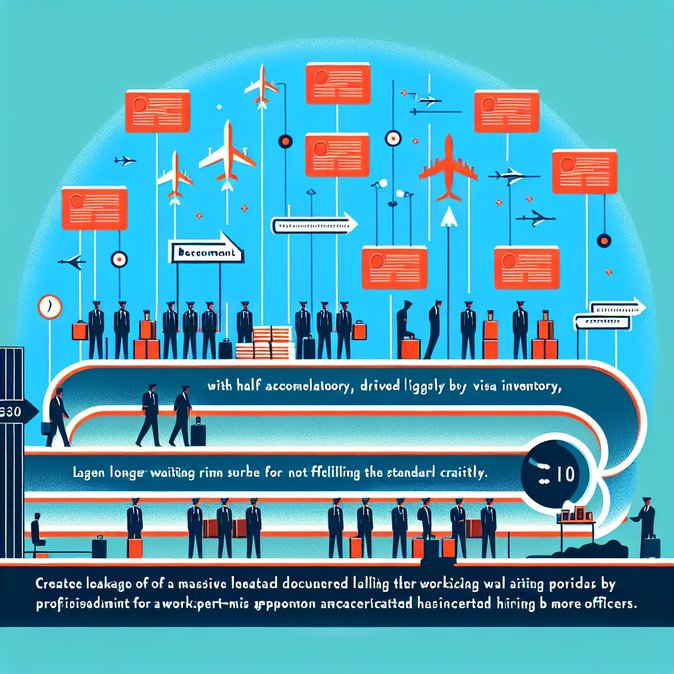
Canada has taken a decisive step toward ending one of the most controversial features of its Citizenship Act: the so-called “second-generation cut-off.” On 21 November, Bill C-3 received royal assent, and Ottawa confirmed on 23 November that it will bring the law into force in 2026. Once implemented, the reform will automatically restore citizenship to thousands of people—often dubbed “Lost Canadians”—who were born abroad to Canadian parents who themselves were also born abroad. It will also allow future generations to pass citizenship to children born outside Canada, provided the Canadian parent has spent at least 1,095 cumulative days in the country before the child’s birth or adoption.
Background pressure for change has been building since a 2023 Ontario Superior Court ruling found the second-generation limit unconstitutional. Immigration lawyers, diaspora groups and provincial governments argued the rule discriminated against Canadians who work or study overseas and forced many expectant parents to fly home merely to secure their child’s status. Advocacy organisations such as the Canadian Immigration Lawyers Association and the Alliance for Lost Canadians lobbied heavily for the substantial-connection test now embedded in C-3.
![Canada passes Bill C-3 to scrap ‘second-generation cut-off’ and expand citizenship-by-descent]()
Practical implications for employers and mobility managers are significant. Multinationals that rotate Canadian staff through global assignments will no longer have to budget for emergency travel back to Canada for childbirth. HR teams should prepare for a flood of citizenship enquiries when the regulations and forms are published—likely in mid-2026—and may need to update global-mobility policies to reflect eased dependence-status risks.
For globally mobile families, the reform provides peace of mind that children born during long postings will enjoy the same rights as siblings born in Canada. Immigration, Refugees and Citizenship Canada (IRCC) says it is developing an online pre-assessment tool to help Canadians abroad verify that they meet the new substantial-connection threshold before filing. Processing is expected to take six to eight months once applications open, and IRCC plans a public-information campaign in both official languages and key diaspora hubs such as Dubai, London and Hong Kong.
In the longer term, demographers say the change could help Canada retain overseas talent and strengthen ties with its 4-million-strong expatriate community. The bill does not alter residency requirements for naturalisation, but it is expected to simplify sponsorship for foreign-born spouses and dependants of Canadians living abroad.
Background pressure for change has been building since a 2023 Ontario Superior Court ruling found the second-generation limit unconstitutional. Immigration lawyers, diaspora groups and provincial governments argued the rule discriminated against Canadians who work or study overseas and forced many expectant parents to fly home merely to secure their child’s status. Advocacy organisations such as the Canadian Immigration Lawyers Association and the Alliance for Lost Canadians lobbied heavily for the substantial-connection test now embedded in C-3.

Practical implications for employers and mobility managers are significant. Multinationals that rotate Canadian staff through global assignments will no longer have to budget for emergency travel back to Canada for childbirth. HR teams should prepare for a flood of citizenship enquiries when the regulations and forms are published—likely in mid-2026—and may need to update global-mobility policies to reflect eased dependence-status risks.
For globally mobile families, the reform provides peace of mind that children born during long postings will enjoy the same rights as siblings born in Canada. Immigration, Refugees and Citizenship Canada (IRCC) says it is developing an online pre-assessment tool to help Canadians abroad verify that they meet the new substantial-connection threshold before filing. Processing is expected to take six to eight months once applications open, and IRCC plans a public-information campaign in both official languages and key diaspora hubs such as Dubai, London and Hong Kong.
In the longer term, demographers say the change could help Canada retain overseas talent and strengthen ties with its 4-million-strong expatriate community. The bill does not alter residency requirements for naturalisation, but it is expected to simplify sponsorship for foreign-born spouses and dependants of Canadians living abroad.


